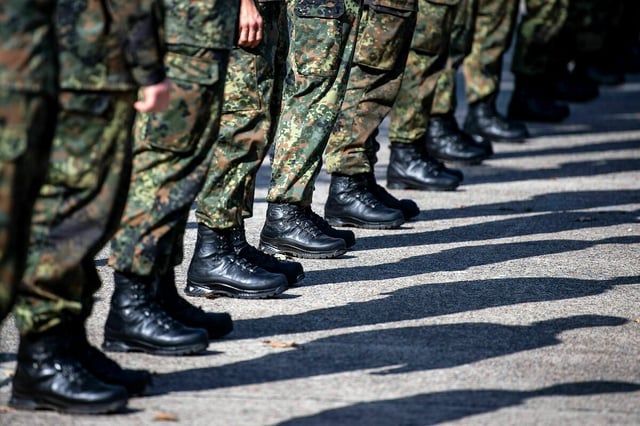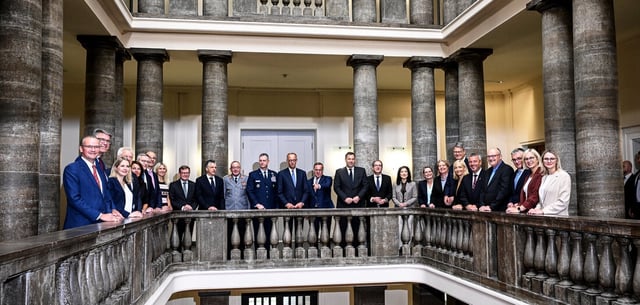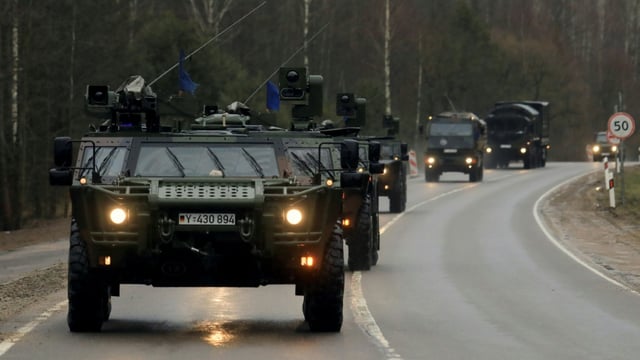Overview
- The draft law would let Feldjäger check and, if identities cannot be verified, detain suspected drone operators near bases and along convoy routes.
- The Military Counterintelligence Service would be authorized to operate beyond Bundeswehr premises, protect soldiers’ families, and gather digital evidence against foreign cyber intrusions.
- Automated constitutional-loyalty screening for recruits would draw on intelligence services, the federal central register, and public sources including social media to speed hiring.
- Officials cite rising espionage, sabotage, drone overflights, and cyberattacks since Russia’s invasion of Ukraine, with an eye to safeguarding the planned brigade in Lithuania of roughly 4,800–5,000 troops by 2027.
- The changes respond to past gaps where drone defense outside installations fell to police and to MAD’s constraints seen in deployments such as Afghanistan.



